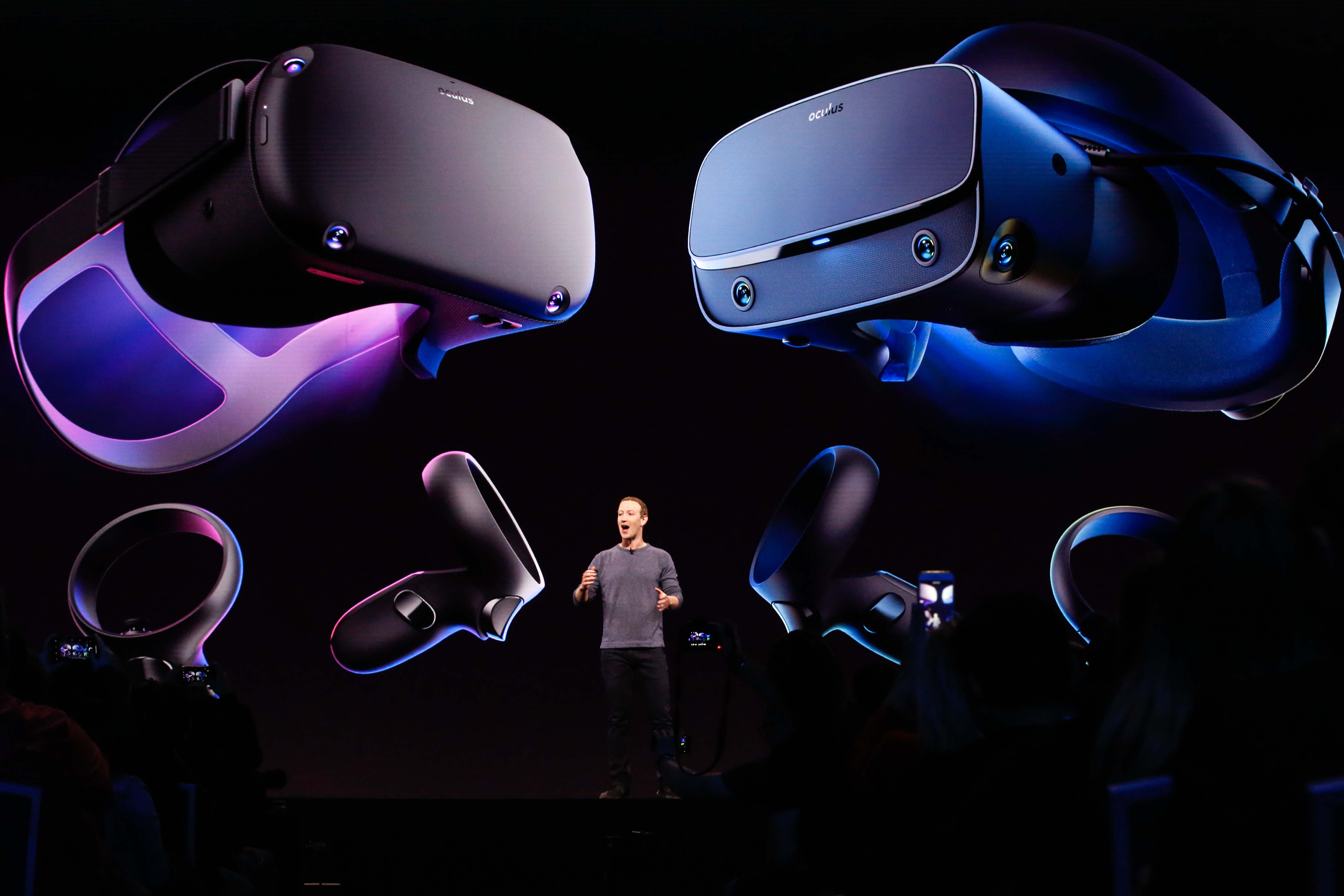Facebook says the future of Messenger is on your face as app rolls out to Oculus VR headsets
The upgrade is the next step in integrating Facebook and Oculus further

Your support helps us to tell the story
From reproductive rights to climate change to Big Tech, The Independent is on the ground when the story is developing. Whether it's investigating the financials of Elon Musk's pro-Trump PAC or producing our latest documentary, 'The A Word', which shines a light on the American women fighting for reproductive rights, we know how important it is to parse out the facts from the messaging.
At such a critical moment in US history, we need reporters on the ground. Your donation allows us to keep sending journalists to speak to both sides of the story.
The Independent is trusted by Americans across the entire political spectrum. And unlike many other quality news outlets, we choose not to lock Americans out of our reporting and analysis with paywalls. We believe quality journalism should be available to everyone, paid for by those who can afford it.
Your support makes all the difference.Facebook has rolled out its Messenger platform to its Oculus platform, the latest step in the future of communications in virtual reality.
Users of the Quest and Quest 2 who have signed into the headset using their Facebook account will be able to talk to their Facebook friends.
“Write messages however you’d like, whether typing them out in VR, selecting a pre-written conversation starter, or using our voice-to-text feature”, Facebook said in a blog post announcing the change.
For those without their Facebook accounts linked, or who do not want to use Messenger, the existing chat functions still exist. Users can still use Oculus Chats to message others with their Oculus username.
The move further ties Facebook and its subsidiary together. In October, the company required that users sign up with Facebook if they are using a headset for the first time.
Full Oculus functionality will be inherently tied to a Facebook account from 2023. “We will take steps to allow you to keep using content you have purchased, though we expect some games and apps may no longer work”, the company said at the time.
However, this move was met with some backlash. The company founder, Palmer Lucky, offered $5,000 to anyone who could hack the platform.
Luckey “guarantee[d] that you won’t need to log into your Facebook account every time you wanna use the Oculus Rift" before he sold it to Facebook.
In May 2020, Facebook’s head of virtual and augmented reality also tweeted a vision of working in VR as the coronavirus pandemic continues.
Andrew Bosworth tweeted a video of floating displays that can be moved and re-sized via gesture control, as well as the user typing on a keyboard with a virtual taskbar over it for shortcuts, including the Windows icon and Facebook.
"We’re always experimenting with future concepts using different hardware configurations as part of our proof-of-experience process,” Mr Bozworth said at the time.

Join our commenting forum
Join thought-provoking conversations, follow other Independent readers and see their replies
Comments